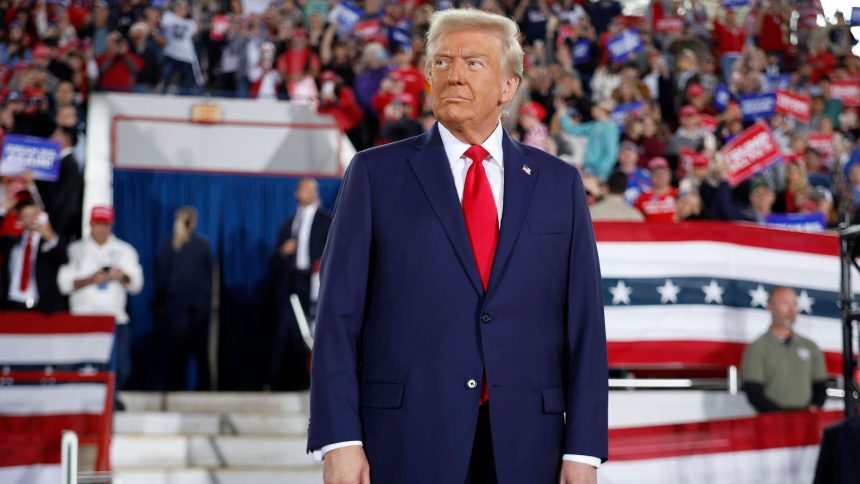The Resurfacing Debate on Daylight Saving Time: Trump’s Call for Abolition and the Ongoing Controversy
Former President Donald Trump recently reignited the debate surrounding daylight saving time (DST), calling for its elimination and labeling it "inconvenient" and "costly." This statement, made on his social media platform Truth Social, echoes similar sentiments expressed by his allies, Elon Musk and Vivek Ramaswamy. The issue of DST, a practice involving shifting clocks forward one hour in the spring and back in the fall, has been a subject of contention for years. While proponents argue that it provides more daylight hours for outdoor activities and potentially boosts economic activity, opponents point to negative health consequences and disruptions to sleep patterns. Trump’s renewed focus on the matter brings the discussion back to the forefront, highlighting the complex web of arguments and potential implications associated with this seemingly simple time change.
The history of DST in the United States dates back to World War I, initially implemented as a wartime measure to conserve energy. However, its efficacy and relevance in modern times have been increasingly questioned. The current system, governed by the Uniform Time Act of 1966, mandates coordinated time changes across most states. While some states have enacted legislation to permanently adopt DST, these laws remain contingent on federal action to override the Uniform Time Act. The Senate’s passage of the Sunshine Protection Act in 2022, aiming to make DST permanent, ultimately stalled in the House, illustrating the legislative hurdles facing proponents of change.
The core arguments against DST revolve primarily around its perceived negative impact on human health and well-being. The American Medical Association (AMA) has formally advocated for eliminating DST, citing evidence linking the time shift to increased incidences of heart problems, mood disturbances, and traffic accidents. The abrupt disruption to sleep cycles, often referred to as "social jet lag," can have cascading effects on physical and mental health. Furthermore, the energy savings initially attributed to DST have been disputed by contemporary studies, suggesting the benefits may be minimal or even non-existent.
Conversely, proponents of DST emphasize the perceived societal and economic advantages. The extended daylight hours during evenings are seen as conducive to outdoor recreation, potentially boosting tourism and related businesses. Some argue that it enhances public safety by reducing traffic accidents during daylight hours. However, these claims have also been challenged, with research suggesting that the safety benefits may be offset by increased accidents in the darker mornings. The debate continues to evolve as new studies emerge and societal priorities shift.
The potential abolition of DST, as advocated by Trump, raises several considerations. While a shift to permanent standard time aligns with the AMA’s recommendations and potentially mitigates negative health impacts, it also entails adjustments for businesses and individuals accustomed to the current system. Conversely, permanent DST, as proposed in the Sunshine Protection Act, would eliminate the biannual time changes but could lead to darker mornings, potentially affecting school children and commuters. Striking a balance between health concerns, societal preferences, and economic considerations remains a central challenge in this ongoing debate.
The renewed attention to DST, fueled by Trump’s recent remarks, underscores the need for a comprehensive and informed discussion at both state and federal levels. The potential implications for public health, safety, and the economy warrant careful consideration. As the debate continues, finding a solution that addresses the concerns of various stakeholders and optimizes societal well-being remains a top priority. The path forward requires a thorough evaluation of the available evidence, a nuanced understanding of the complex interplay of factors, and a commitment to finding a solution that best serves the interests of the nation.



